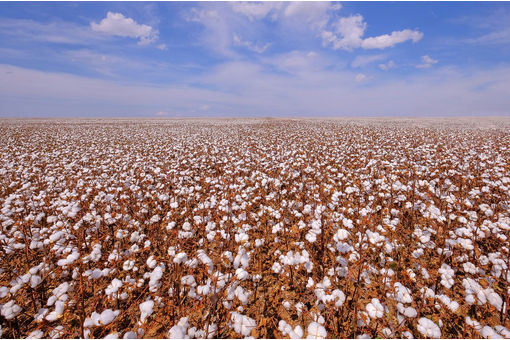Interviews
WTO 'Anti-dumping Agreement' full of loopholes
04 Aug '10
2 min read
Developed countries led by the US, want to protect their domestic industries by taking advantage of loopholes and flaws in WTO "Anti-dumping Agreements".
In accordance with the WTO "Anti-dumping Agreement", if the product under investigation comes from a "non-market economy" country, the calculation of production costs will not be based on actual data in producing countries.
Actually, it will follow data from a similar non-market economy alternative country. In the case of the EU, the EU calculated the costs of Chinese shoes on the basis of production costs in Brazil.
But as national conditions are different, the unit cost in Brazil is higher than that in China; besides, Brazil also imposes anti-dumping against Chinese shoes, resulting in artificially inflated costs of production in China, and corresponding elevation of dumping margins. This movement goes extremely unfair to China.
China has repeatedly proposed to abolish the rules in the Doha Round of negotiations, but these rules still exist in recently issued WTO draft amendments.
Another example is that “zero profits sales" and sales of defective products are allowed in commercial business, but there is no such provisions in WTO anti-dumping agreement, investigating countries, when calculating production costs, do not consider defective products, but regard them as quality products and plus a certain profit margin, thus artificially inflating production costs and dumping margin.
In addition, in determining whether there is damage to similar industries of investigating countries, the agreement has no requirement for calculation of "injury margin"; so the agreement provides much discretion to investigating countries in investigation procedure.
These loopholes and flaws have increased large numbers of anti-dumping cases with problems, making the cases become most difficult and "indomitable" tasks.
It is not that WTO members do not know how to put criterion on these existing loopholes and defects, but the US-led developed countries don't want to change the status quo, they want to protect their domestic industries in time by taking advantage of these loopholes and flaws.
The existing anti-dumping system will continue for a long time, as the United States plays a leading role in WTO negotiations, together with the hard attitude of the U.S. Congress.
In accordance with the WTO "Anti-dumping Agreement", if the product under investigation comes from a "non-market economy" country, the calculation of production costs will not be based on actual data in producing countries.
Actually, it will follow data from a similar non-market economy alternative country. In the case of the EU, the EU calculated the costs of Chinese shoes on the basis of production costs in Brazil.
But as national conditions are different, the unit cost in Brazil is higher than that in China; besides, Brazil also imposes anti-dumping against Chinese shoes, resulting in artificially inflated costs of production in China, and corresponding elevation of dumping margins. This movement goes extremely unfair to China.
China has repeatedly proposed to abolish the rules in the Doha Round of negotiations, but these rules still exist in recently issued WTO draft amendments.
Another example is that “zero profits sales" and sales of defective products are allowed in commercial business, but there is no such provisions in WTO anti-dumping agreement, investigating countries, when calculating production costs, do not consider defective products, but regard them as quality products and plus a certain profit margin, thus artificially inflating production costs and dumping margin.
In addition, in determining whether there is damage to similar industries of investigating countries, the agreement has no requirement for calculation of "injury margin"; so the agreement provides much discretion to investigating countries in investigation procedure.
These loopholes and flaws have increased large numbers of anti-dumping cases with problems, making the cases become most difficult and "indomitable" tasks.
It is not that WTO members do not know how to put criterion on these existing loopholes and defects, but the US-led developed countries don't want to change the status quo, they want to protect their domestic industries in time by taking advantage of these loopholes and flaws.
The existing anti-dumping system will continue for a long time, as the United States plays a leading role in WTO negotiations, together with the hard attitude of the U.S. Congress.
Fibre2fashion News Desk
Popular News
Leave your Comments
Editor’s Pick
































-Ltd..jpg?tr=w-120,h-60,c-at_max,cm-pad_resize,bg-ffffff)





.jpg?tr=w-120,h-60,c-at_max,cm-pad_resize,bg-ffffff)
.jpg?tr=w-120,h-60,c-at_max,cm-pad_resize,bg-ffffff)






